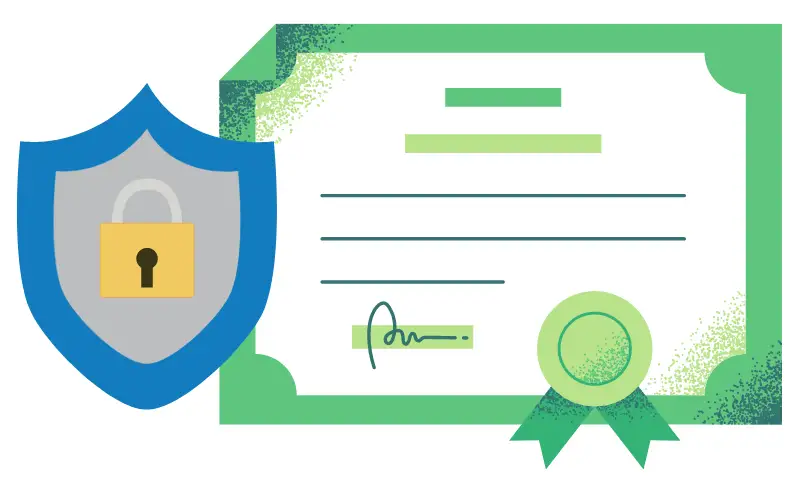Becoming a new driver is an exhilarating milestone, but the road to securing car insurance can feel like navigating a maze of confusing options and fine print.
This guide will equip you with everything you need to know about getting insurance quotes as a new driver.
Let’s dive in with clarity (because let’s face it, insurance shopping needs it).

Why is Car Insurance So Expensive for New Drivers?
Here’s the hard truth: as a new driver, insurers see you as a higher risk.
Statistically, you’re more likely to make a claim. Don’t take it personally; it’s just maths.
Factors like limited driving experience, age, and the type of car you drive all contribute to higher premiums.
Step 1: Know What You Need
Before you even think about comparing quotes, understand the types of insurance coverage available:
| Type of Insurance | What It Covers |
|---|---|
| Third-Party | Damage to others’ vehicles or property (legal minimum). |
| Third-Party, Fire & Theft | Adds protection for your car if it’s stolen or catches fire. |
| Comprehensive | Covers everything in third-party, plus damage to your own car. |
While third-party might seem cheapest, it’s not always the best value. Comprehensive coverage can sometimes cost less and provides more extensive protection.
Step 2: Shop Around (But Do It Smartly)
Don’t just go for the first quote that pops up on your screen. Instead:
- Use Comparison Websites: Websites like CompareTheMarket, GoCompare, or MoneySuperMarket are excellent starting points. They’ll give you a broad overview of your options.
- Check Direct Insurers: Some insurers, like Direct Line, don’t appear on comparison sites, so get quotes from them separately.
- Speak to Specialists: As a new driver, you might benefit from policies tailored to learners or young drivers. Companies like Marmalade or Ingenie specialise in this area.
Step 3: Understand the Factors Affecting Your Premium
Your premium is influenced by a multitude of factors. Here’s how to keep costs manageable:
Your Car
- Choose a Car in a Lower Insurance Group: Cars are categorised into insurance groups from 1 (cheapest) to 50 (most expensive). A modest car, like a Ford Fiesta or VW Polo, is typically in a lower group.
- Avoid Modifications: That spoiler might look cool, but it screams “higher premiums” to insurers.
Your Driving Habits
- Limit Your Mileage: The less you drive, the lower your risk (and premium).
- Install a Black Box: A telematics policy monitors your driving habits. Drive safely, and you could see discounts.
Your Profile
- Add an Experienced Named Driver: Adding a parent or older sibling with a clean driving record can reduce your premium. Just don’t list them as the main driver (that’s illegal and called fronting).
- Pay Annually: If you can afford it, paying upfront is cheaper than monthly instalments, which often include interest.
Step 4: Read the Small Print (Seriously, Read It)
Insurance policies come with exclusions and conditions. Common examples include:
- Excess: This is the amount you’ll need to pay if you make a claim. A higher voluntary excess can reduce premiums but think carefully about what you can afford.
- Courtesy Car: Not all policies provide a replacement vehicle if yours is being repaired.
- Breakdown Cover: Some policies include this as standard, while others don’t.
Step 5: Finalise Your Policy
Once you’ve found the best quote:
- Confirm Coverage Details: Double-check what’s included and excluded.
- Secure No Claims Discount (NCD) Protection: As you build your NCD, protecting it becomes a no-brainer.
- Get Your Documents in Order: Insurers will require your driving licence, proof of address, and sometimes proof of No Claims Discount if you have any.
Practical Tips and Tricks for Saving Money
| Tip | Explanation |
| Drive Less | Lower annual mileage often equals lower premiums. |
| Take an Advanced Driving Course | Schemes like Pass Plus can demonstrate safer driving skills to insurers. |
| Avoid Automatic Renewals | Loyalty doesn’t always pay; compare quotes every year. |
| Opt for a Higher Voluntary Excess | Agreeing to pay more in claims can reduce your premium. |
| Park Safely | Parking in a garage or driveway is safer (and cheaper) than street parking. |
A Quick Laugh on the Way
Insurance quotes are like blind dates: some are promising, some are disappointing, and others are just downright insulting. The key is to keep looking until you find one that works for you (and doesn’t break the bank).
Conclusion
Securing car insurance as a new driver doesn’t have to be daunting. By understanding your needs, shopping smartly, and making informed decisions, you can hit the road with confidence. And remember, the cheapest policy isn’t always the best—it’s about finding the right balance of cost and coverage.
Now, go forth and conquer the world of car insurance! Just don’t forget to buckle up.

